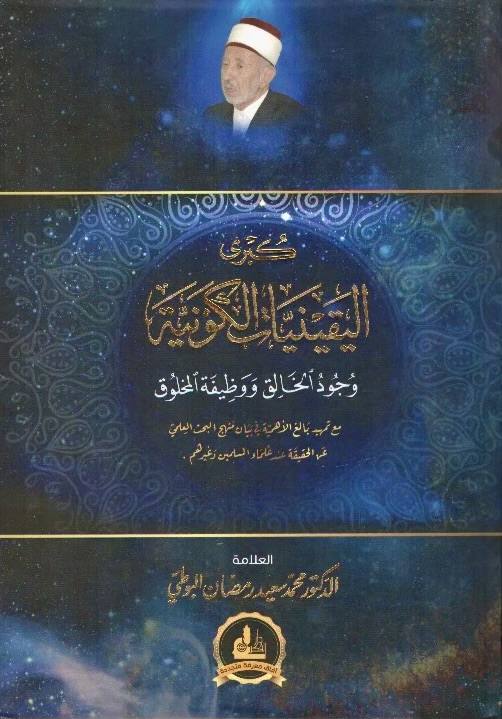Fifth Year
Tafsīr (Quranic Exegesis)
This course focuses on the legal aspects of the Qurʾān. It, therefore, deals with different understandings of various schools of Islamic jurisprudence on various verses related to Islamic positive laws.
Tafsīr Āyāt al-Aḥkām by Muhammad ʿAlī al-Ṣābūnī is studied in this course. The author arranged his work in the form of a series of lectures which are divided into major themes of laws. Though the course is an exegesis of verses related to laws, the author did not confine himself to the field of laws only. Rather, he expounds on the beauty of the Quranic language in delivering its message. Hence, the study of this material progresses the students’ knowledge of exegesis and exposes them to the methodologies employed by the various madhāhib, when dealing with legal verses of the Qurʾān.
The objectives of this course are to:
- understand and enhance the knowledge of exegesis on verses related to positive laws.
- impart various approaches and the understanding of various schools of Jurisprudence on verses related to laws.
- appreciate the openness and tolerance of our traditional Islam in dealing with differences within Sunnī Islam.
Course Material
Tafsīr Āyāt al-Aḥkām
by Muhammad ʿAlī al-Ṣābūnī (d. 2021)
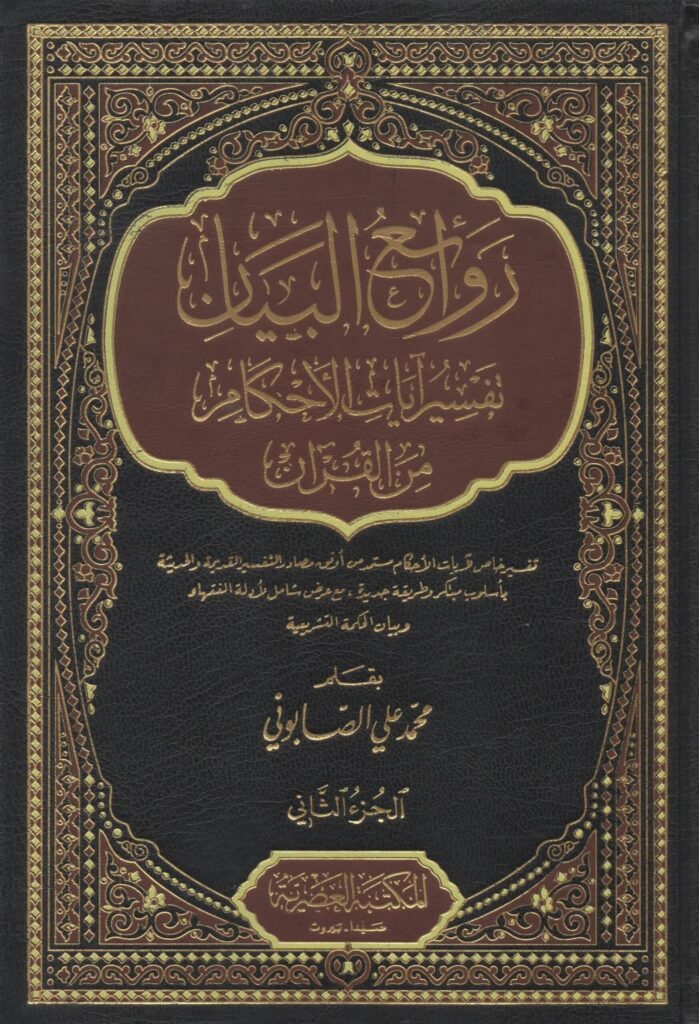
Tārīkh (Islamic History)
The course is an analytical study of contentious issues in history misrepresented by the Shīʿah. It, therefore, deals with specific segments of history. It clarifies the misconceptions of historical events in history and refutes the attacks levied against Islam pertaining to this specific period.
The course material concentrates on the era between the demise of the Prophet Muhammad (S.A.W) and the martyrdom of the Prophet’s grandson, al-Husayn (R.A). It also imparts a student and a reader in general on how history should be studied, and how to understand events of history from their perspectives. The study also emphasises the integrity of the Companions of the Prophet Muhammad. The issues of leadership after the Prophet Muhammad (S.A.W) are also covered in this course.
The objectives of this course are to:
- become familiar with all the contested incidents of the period between the demise of the Prophet (S.A.W) and the martyrdom of Sayyiduna al-Husayn (R.A).
- have a good understanding of the counterarguments pertaining to the said incidents.
- be familiar with methodologies employed in the distortion of Islamic history.
Course Material
Ḥiqbah min al-Tārīkh
by ʿUthmān b. Muḥammad al-Khamīs
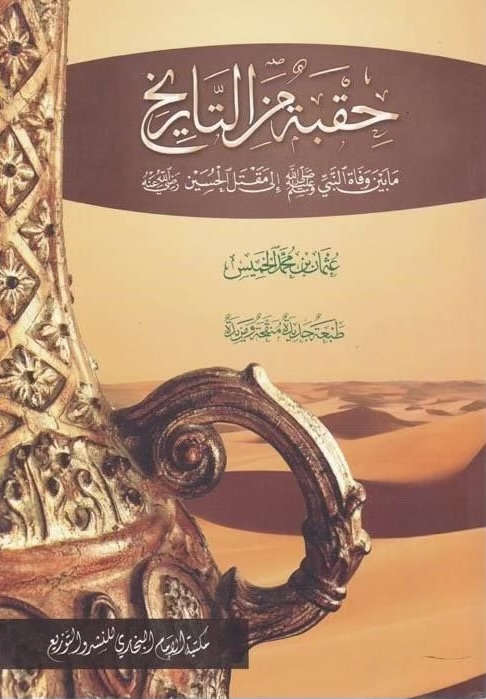
ʿUlūm al-Qurʾān (Quranic Sciences)
This course sheds light on the historical development of the text of the Qurʾān. It focuses on the historical development of the recording processes, the compilation, the text and the recitation (incl. the various modes of recitation) of the Qurʾān. It also answers some objections of Orientalists against the recording of the Quranic text. Tārīkh al-Qurʾān is the primary course material.
The History of the Qurʾānic Text: From Revelation to Compilation is incorporated into the syllabus as a complementary reading to Tārīkh al-Qurʾān. Similar to the above-mentioned work, this works also elucidates the historical development and preservation of the Qurʾān. In addition, this work is a comparative study of the preservation of the three Holy scriptures (i.e., The Old Testament, The New Testament and the Qurʾān). It also focuses on the challenges and arguments of the Orientalists regarding the preservation of the Qurʾān.
The objectives of this course are to:
- understand the historical development of the Quranic text.
- survey different theories about the recording processes of the Qurʾān and the different modes of recitation.
- defend and respond to challenges against the historical developments of the Quranic text.
- ascertain that the words of Allah as recorded in the muṣḥaf are the exact words of Allah revealed to the Prophet Muhammad (S.A.W) ±1500 years ago.
- compare the preservation of the Qurʾān with other scriptures that were revealed long before the Qurʾān.
Course Material
Tārīkh al-Qurʾān
by ʿAbd al-Ṣabūr al-Shāhīn (1929-2010)
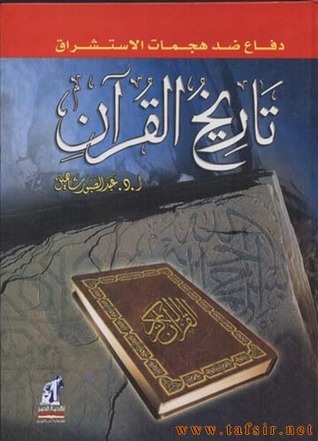
The History of the Qur’ānic Text: From Revelation to Compilation
by Dr. Muhammad Muṣtafā Azami (d. 2017)
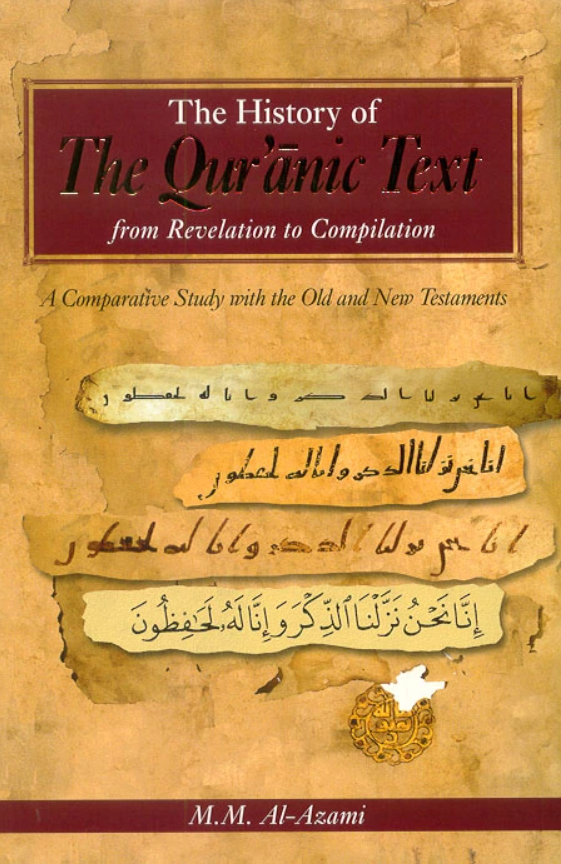
Uṣūl al-Fiqh (Islamic Legal Theory)
This course concentrates on differences in legal theories. It elucidates the reasons why legal schools differ from each other. It also clarifies that their differences in the theoretical approach to legal sources and the understanding thereof lead to the formation of primary Sunni schools of law. The material selected for this course has two major sections. The first section deals with differences in legal theories and the second part is a practical illustration of those differences in positive law. The author selected the chapter on nikāh as a practical example that differences in principles of law have a direct impact on positive laws.
The objectives of this course are to:
- understand different approaches to legal theories.
- understand the underlying factors that lead to the formation of different schools of Islamic jurisprudence.
- appreciate the differences in Islamic jurisprudence.
Course Material
Athar al-Ikhtilāf fī al-Qawāʿid al-Uṣūliyyah fī Ikhtilāf al-Fuqhāʾ
by Muṣṭafā Sa‘īd al-Khin (1923-2008)
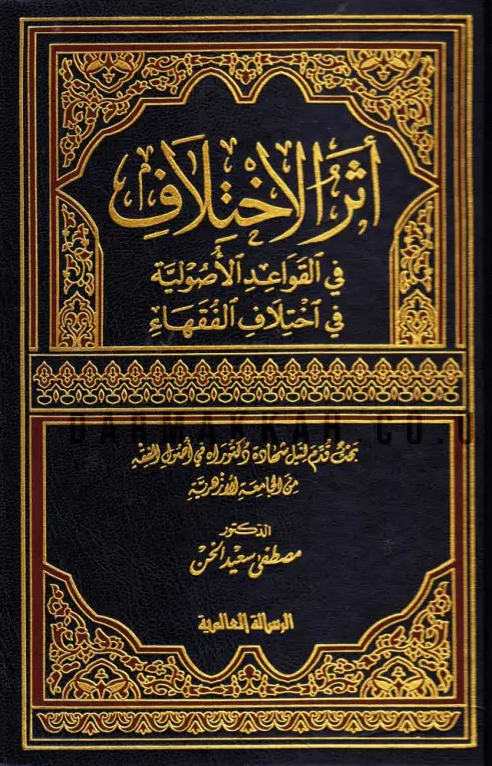
Fiqh (Substantive Islamic Law)
As mentioned in the previous courses related to fiqh, our Institute continues to strive and dedicate itself to keeping alive the legacy of the Shāfiʿī Madhhab. In trying to achieve these objectives, it attempts to cover the content of fiqh of both the classical as well as contemporary works in fiqh.
This course covers issues pertaining to business and contract dealings. Hence, it covers the essential elements that validate or invalidate contracts of buying and selling. It also covers prohibited contracts, such as interest and usurious trade etc. The course also gives relevance to the existing contract dealings created by our modern financial institutions.
The objectives of this course are to:
- understand the principles of Islamic laws of contracts.
- understand the prohibited contracts.
- make the relevance of our traditional legacy to the rapid growth of the world economy.
- provide solutions to challenges caused by existing financial institutions.
Course Material
Mughni al-Muḥtāj ilā Maʿrifat Maʿānī Alfāẓ al-Minhāj
by Muḥammad al-Khaṭīb al-Shirbīnī (d. 977 AH)
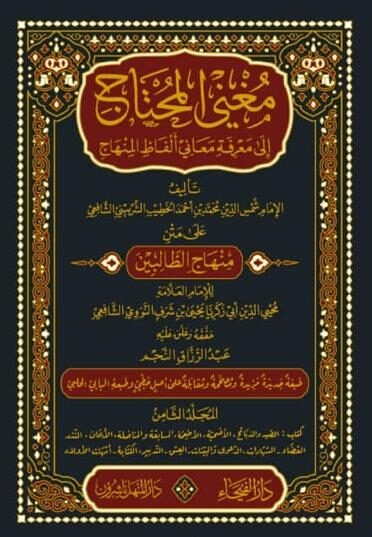
ʿUlūm al-Ḥadīth (Ḥadīth Sciences)
This course is an introduction into the field of historical ḥadīth criticism. The course material itself serves as an introduction to a classical work of one of the renowned scholars of ḥadīth (i.e., Imam Muslim). The course focuses on the historical development of ḥadīth criticism. It elucidates how early ḥadīth critics authenticated aḥādīth, and what methodologies they used to verify and distinguish authentic aḥādīth and non-authentic. It also compares the ḥadīth methodology with different methodologies of various disciplines. The author paid more attention to different arguments that attempt to undermine the efforts of early ḥadīth scholars in preserving the hadith of the Prophet Muhammad (S.A.W).
The objectives of this course are to:
- provide a deeper understanding of hadith criticism by explicating its mechanism and nomenclature.
- challenge the arguments of modernists and Orientalists against the preservation of ḥadīth.
Course Material
Manhaj al-Naqd ʿinda al-Muḥaddithīn
by Dr. Muhammad Muṣtafā Azami (1932–2017)
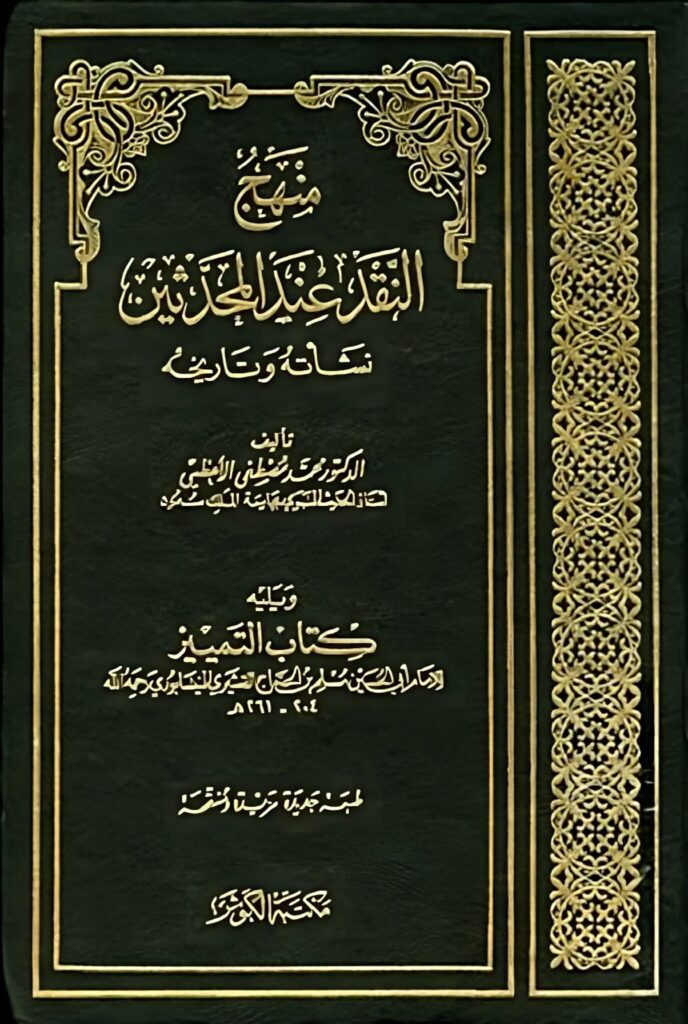
ʿIlm al-Kalām (Islamic Philosophy)
This course is essentially a detailed and a comprehensive study on Islamic doctrine. It covers both foundational and modern issues of belief. It forms the theoretical basis of the agreed-upon tenets of faith. The course material focuses on defending the ʿAqīdah from a rational point of view. The author starts by clarifying his method of research, so that knowledge does not become mixed with illusion and certainty does not become confused with conjecture and truth is not veiled by falsehood.
The objectives of this course are to:
- define and master the key areas of study in ʿAqīdah.
- understand the scientific method of searching for the objective truth.
- be able to prove and defend the major tenets of faith using both traditional and logical evidence.
Course Material
Kubra al-Yaqīniyyāt al-Kawniyyah
by Dr Muhammad Saʿīd Ramaḍān al-Būṭī (d. 2013)
